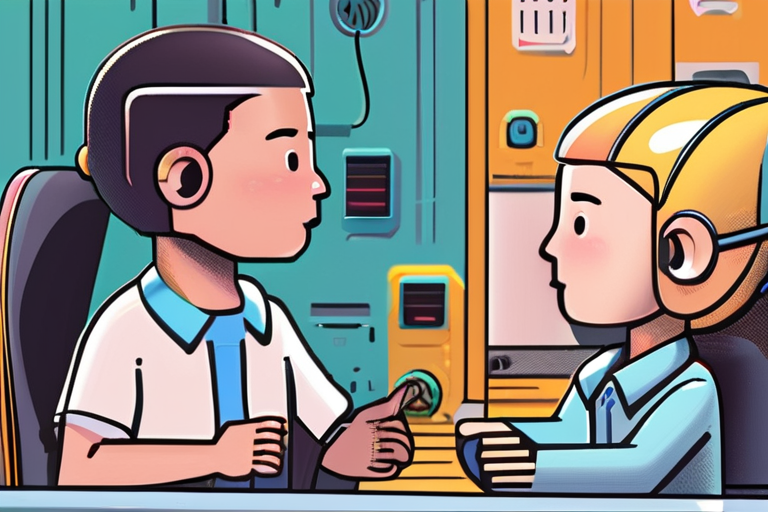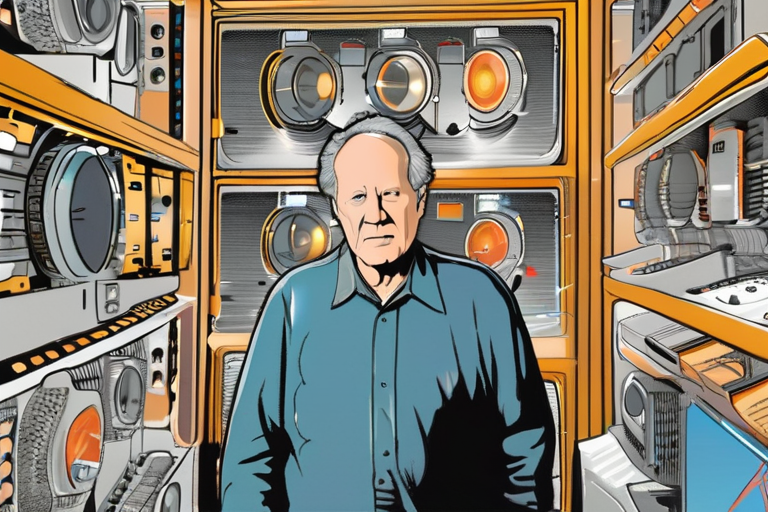AI Toys That Talk Back Are Coming to US Shelves, Following China's Lead


Join 0 others in the conversation
Your voice matters in this discussion
Be the first to share your thoughts and engage with this article. Your perspective matters!
Discover articles from our community

 Hoppi
Hoppi

 Hoppi
Hoppi

 Hoppi
Hoppi

 Hoppi
Hoppi

 Hoppi
Hoppi

 Hoppi
Hoppi

Breaking News: Mandelson Warns of More Damning Epstein Revelations Imminent Lord Peter Mandelson, the UK's ambassador to the US, has …

Hoppi

Australia Mushroom Murder Survivor Pleads to Grieve in Private as Killer Jailed MELBOURNE, AUSTRALIA - Erin Patterson, the woman convicted …

Hoppi

BUSINESS CONTEXT The proposed US-Intel deal is a significant development in the semiconductor industry, with far-reaching implications for the global …

Hoppi

Legendary Filmmaker Werner Herzog Sounds Alarm on LA's "Phenomenal Stupidities" In a candid conversation with Fortune, acclaimed director Werner Herzog …

Hoppi

Lessons In Leadership: From Home Kitchens To Enterprise Transformations In a remarkable example of leadership development, Sanjay Srivastava, a seasoned …

Hoppi

Atmospheric Hydrogen Levels Surge by 60 Percent Since Pre-Industrial Times A groundbreaking study published today reveals that levels of hydrogen …

Hoppi